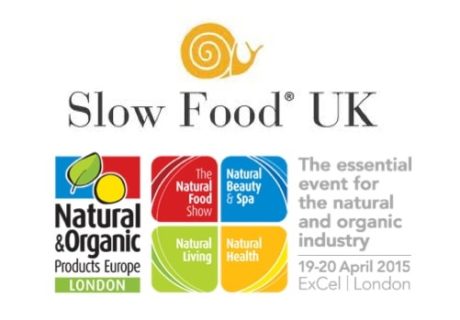Look around today and you’ll see a world in crisis. Divisive action in Syria and the Middle East, the news that British troops may be set to re-enter Iraq, and on the domestic front (at the time of going to print) Scotland is on the cusp of making history by voting for independence.
After more than 300 years as part of the United Kingdom, it looks like our Scottish cousins are set on breaking away for good. But while separation is on the cards for GB, it was a different story at the Natural Beauty Yearbook Round Table last month.
Held at Whole Foods Market in Fulham on the first day of Organic Beauty Week, key industry figures from the burgeoning world of natural beauty came together to discuss and dissect the latest topics and trends relevant to the natural beauty market. The subject of organic certification and its relevance to consumers was mulled over, as was the controversial presumption that all natural brands look to the multiples for shelf space. But throughout the course of the morning one resounding point repeatedly came to the fore, and that was for unified action from the industry as a whole.
It’s undeniable that huge progress has been made in the past ten years within product development, packaging, branding and the availability of ingredients that enables natural and organic beauty brands to stand toe-to-toe with mainstream cosmetic houses. Efficacy testing and scientific research is now avail-able as proof to the consumer that natural beauty products not only present their own benefits, but also deliver on results-driven consumer demands.
But while this may be true, and recognized by those in the know, it remains a complete unknown to the most important people of all: consumers. Brands, retailers, distributors and manufacturers need to be pulling together to present these findings in as simple a format as possible.
“We’re guilty of being too inwards facing,” said Tracey Robinson of Vert PR. “Yes we work in the industry, but we are all consumers as well.” Highlighting the fact that the industry is often guilty of preaching to the converted, it was agreed that the key messages, especially those that are actually of interest to the High Street shopper, need to be broken down and communicated to a wider demographic.
Yes, organic certification matters. Yes, it requires a lot of help, funding and marketing before it can be fully understood by customers, and retailers. And yes, we as an industry should be lobbying government to get organic beauty regulated. But the main reason customers buy organic beauty products is thanks to the lifestyle factor that they present – the ability to purchase a feel-good product. And as flimsy as that may sound, or as painful as it may be to accept the idea that sustainability, provenance and certification aren’t necessarily why many people buy organic beauty, it’s important to understand it.
Coming together as one voice to present our findings to a wider audience is one means of unification, but more importantly, retailers need to become united with their customers.
Julia Zaltzman is a freelance writer and editor of The Natural Beauty Yearbook





